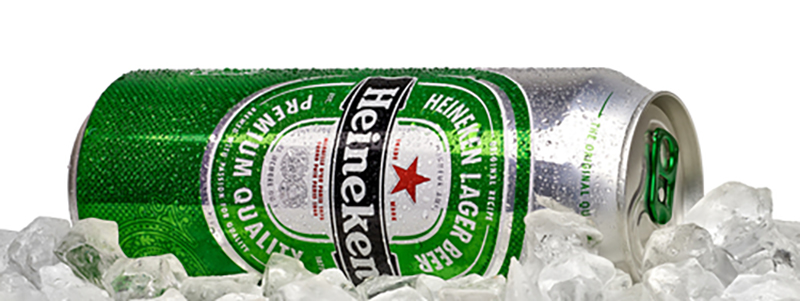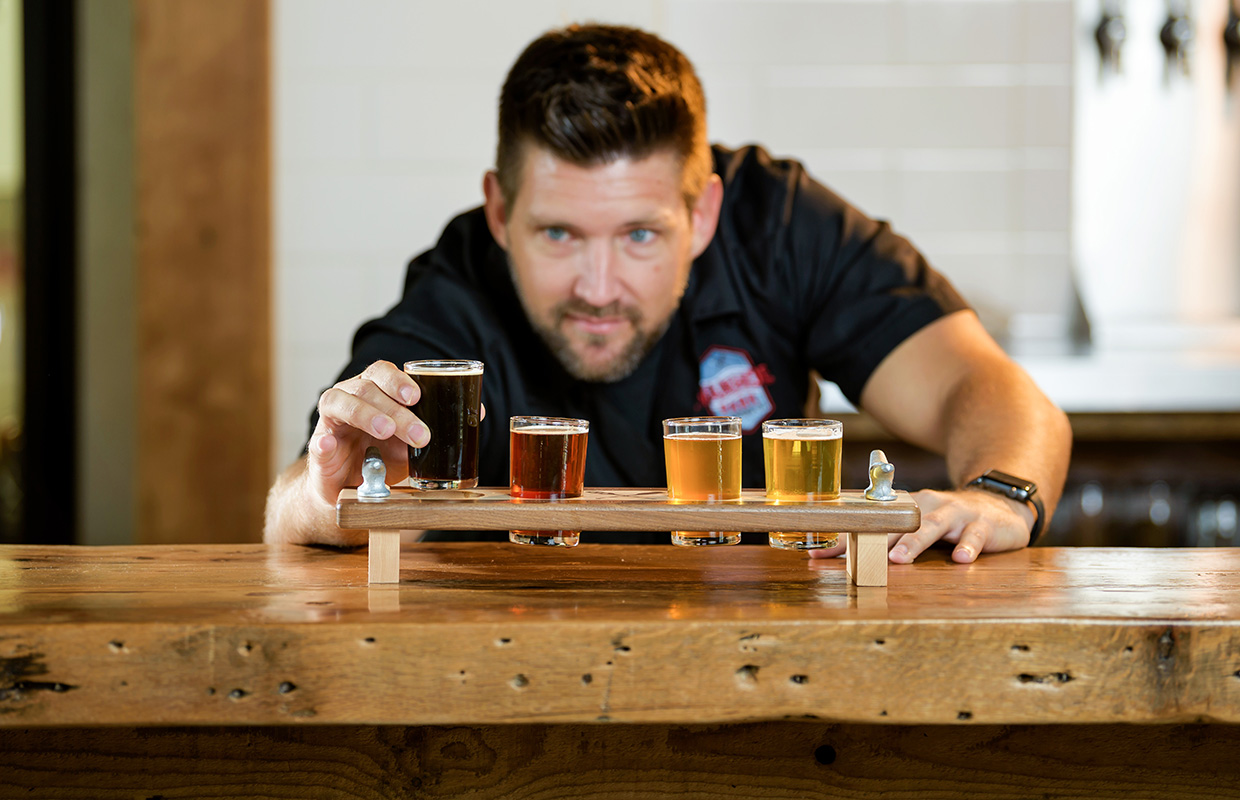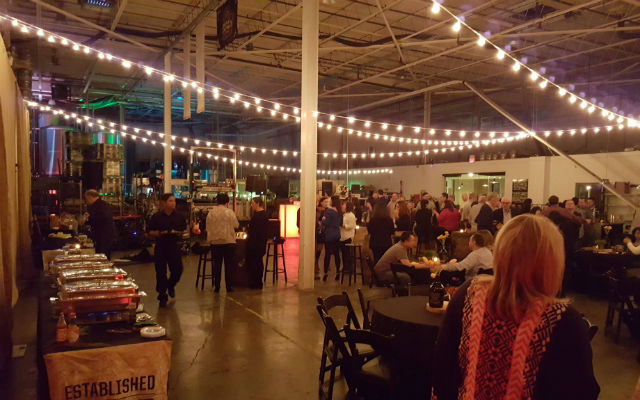
This week I switched over to writing simply because I want to be brief and start a small discussion with the industry. And, as you may have guessed, it entirely includes AB InBev, Heineken, Lagunitas and Shorts Brewing Co.
As I’ve mentioned in our video blogs, we are 100 percent independently owned (where’s our seal?) and would never sell to a brewing company — that seems strange to me for a publishing company.
With all of that in mind, I feel like for the first time in several years I don’t have words to describe what happened this week. As a business resource Brewer Magazine analyzes the industry entirely from a business perspective. Everyone begins and ends a business for different reasons, whether it’s passion or a unique opportunity. In many cases they end with a sell, a retirement or closing.

In all cases for why a business would end, the latter is one that I never would wish on anyone. The closing of a business means the loss of someone’s hard earned blood, sweat and tears. In a sale or retirement typically we get to at least see a transition and future of a brand, which I think is significant.
Every brewery that has sold to AB InBev has done so for reasons all their own — likewise to ones that have refused to sell. Whether a consumer base loathes the sell or not is something of a conundrum and what has spurred this article (sorry it’s taken a second to get into the point).
Here’s my question:
Why is it not okay for a brewery to sell to AB InBev, but it’s completely fine for a brewery to sell to another brewery that is 100 percent owned by the second largest brewery in the world?
We have worked with Short’s Brewing for several articles and the owners always have great insight into the business of brewing. I will admit that I thought it was cool that it was never going to leave Michigan, but I also like to see its evolution deciding to eventually break out of the state lines and now to sell 19.99 percent to Lagunitas.
All businesses evolve. Had they not, we wouldn’t have Heineken International or AB InBev for that matter. Just for reference, Heineken was one of the beers that first had me look into developing a brand for brewers way back in the early 2000s. One of my very first articles ever written as a journalist was on Heineken and for a long time it was my favorite beer.
Being from Kentucky we didn’t really have a craft movement until brands like Kentucky Ale by Alltech, then West Sixth, Country Boy, Against the Grain, etc. That meant that the best beers we could get for a while would be international brands or the occasional Yuengling if someone went out of state and brought some back. Being a poor college kid I didn’t get the chance to drive out to Colorado or the West Coast to see what was emerging in craft.
Short’s definitely followed a similar social strategy to other brewers that have sold. I thought their video was tasteful and a really great way for them to interact with the consumer. However, how was there not a larger backlash like the ones Wicked Weed or Breckenridge received? Where was the anger and the awful comments on their Facebook?
What’s the difference? This is the spot in the article where a writer would typically tie this altogether and tell you the difference, but that’s simply not going to happen. I don’t have an answer for you. Why do consumers and other brewers care about sales to AB InBev but not to Heineken International? What’s the difference between AB InBev using High End Brands and Heineken using Lagunitas?
If you do want an answer, the question is: will this ever stop? That answer is no. Breweries are some of the greatest establishments in our American culture. Regardless of size, they fill so many needs in people’s lives. Big companies are continually going to try and buy out great breweries. What might end up changing is more larger craft breweries looking to purchase other breweries, which would make for an even more intriguing business picture.






For me AB inBev is the the bad guy because they bully craft breweries indirectly. They offer kickbacks to distributors and retailers who sell or “x” amount of their product or display “x” amount of their products over craft on their shelves. Some call that business smarts, and I get that. However, I don’t care for it, as I think its shady. Also, theres the fact that the last decade or so theres been a huge movemnt to shop local and small. AV inBev is anything but the aforementioned. Which raises an interesting question! At what point is a local business no longer considered the ” small guy” and should they keep this in mind while growing? Do they care about the small percentage of people they’ll loose due to “going corporate?” My guess is no. Keep up the great articles guys!